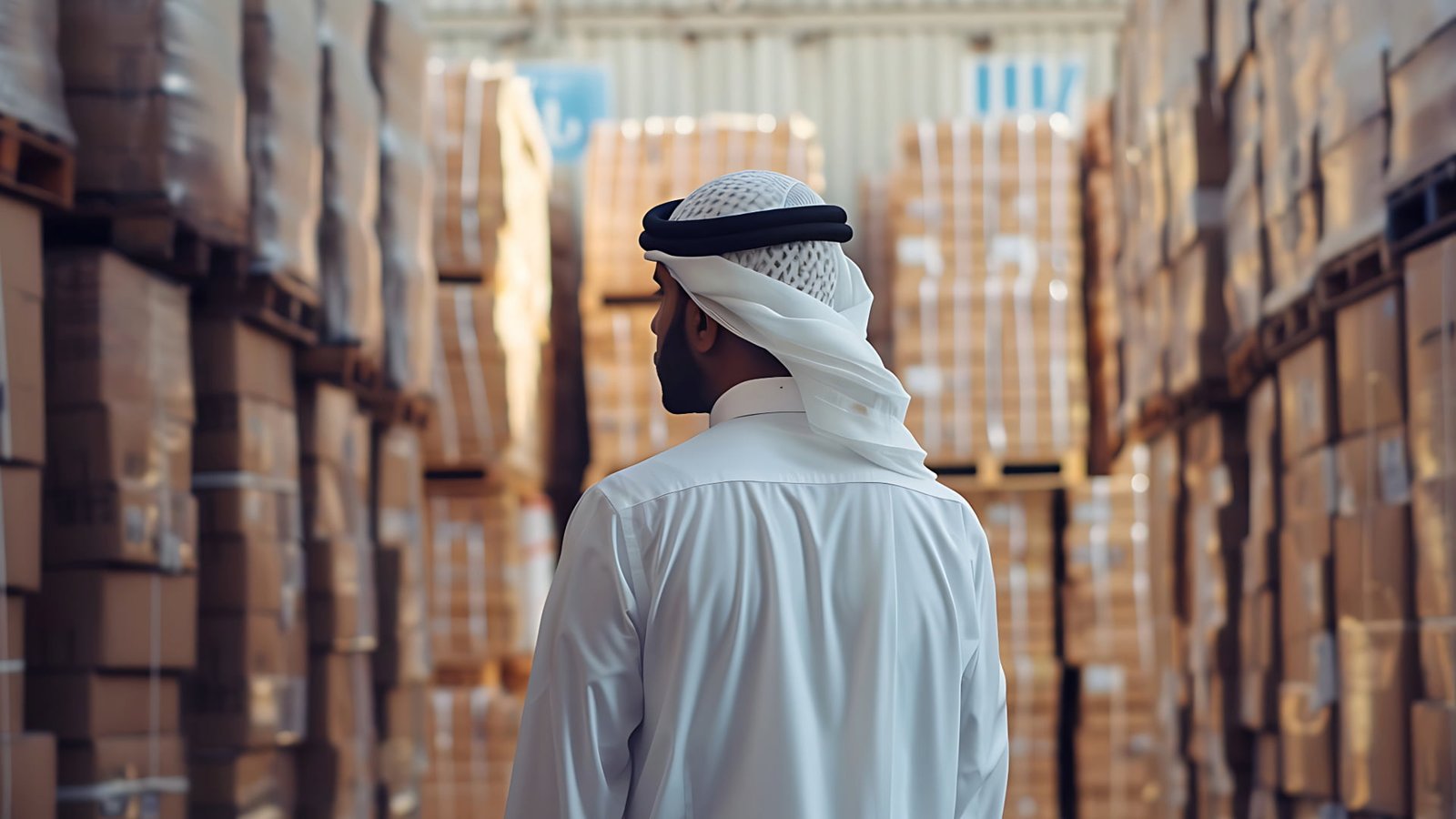Green Logistics in Saudi Arabia: Embracing Sustainability in Supply Chain Management
As the world shifts towards sustainable practices, Saudi Arabia is embracing green logistics to reduce environmental impact and enhance supply chain efficiency. This transformation is driven by the Kingdom’s Vision 2030, which aims to diversify the economy and promote sustainability. Central to this endeavor are Sustainable Logistics Practices that prioritize eco-friendly solutions throughout the supply chain.
The Importance of Green Logistics
In order to reduce environmental impact, green logistics integrates sustainable practices into supply chain and logistics operations. This strategy not only takes care of environmental issues but also boosts brand reputation, lowers expenses, and increases operational efficiency. Adopting green logistics is crucial for Saudi Arabia to meet international standards and stay in line with global sustainability trends.
Key Elements of Sustainable Logistics Practices
- Eco-Friendly Transportation: Transportation plays a major role in the emission of greenhouse gases. Sustainable logistics practices include using fuel-efficient vehicles, optimizing routes to reduce fuel consumption, and investing in alternative fuel options like electric and hybrid vehicles. These measures can significantly lower greenhouse gas emissions and operational costs.
- Efficient Warehousing: Sustainable warehousing involves implementing energy-efficient systems, such as LED lighting, solar panels, and advanced climate control. Additionally, using automated systems and smart technologies can streamline operations, reduce energy consumption, and minimize waste.
- Green Packaging: Sustainable logistics depends on minimizing the environmental effect of packaging. Reusable or biodegradable materials can be used for this, as can minimal packaging waste and easily recyclable packaging design. Green packaging techniques improve brand image while cutting waste.
- Waste Management: Effective waste management practices are integral to sustainable logistics. This includes recycling programs, reducing waste generation, and ensuring proper disposal of hazardous materials. Implementing a circular economy approach, where materials are reused and recycled, can further enhance sustainability.
- Technology Integration: Leveraging advanced technologies like the Internet of Things (IoT), big data, and blockchain can optimize logistics operations and enhance sustainability. These technologies provide real-time data, improve transparency, and facilitate efficient resource management, leading to reduced environmental impact.

Benefits of Sustainable Logistics Practices
Adopting sustainable logistics practices in Saudi Arabia offers numerous benefits:
- Environmental Impact: Reducing carbon emissions, waste, and resource consumption helps protect the environment and contributes to global sustainability efforts.
- Cost Savings: Energy-efficient systems, optimized transportation, and reduced waste generation can lead to significant cost savings in logistics operations.
- Compliance and Reputation: Aligning with international sustainability standards enhances compliance and boosts the reputation of businesses, attracting environmentally conscious consumers and investors.
- Operational Efficiency: Sustainable practices often lead to streamlined operations, improved resource utilization, and enhanced supply chain efficiency.
- Innovation and Growth: Embracing sustainability drives innovation, encourages the adoption of new technologies, and opens up new market opportunities.
Challenges and Future Outlook
While the shift towards green logistics is promising, it comes with challenges. Initial investments in eco-friendly technologies and infrastructure can be high, and there may be resistance to change within organizations. However, the long-term benefits far outweigh these challenges. With the Saudi government actively promoting sustainability through incentives and regulations, the future of green logistics looks bright.
Conclusion
In conclusion, integrating sustainable logistics practices is essential for the future of Saudi Arabia’s supply chain management. By embracing eco-friendly solutions, optimizing operations, and leveraging advanced technologies, the Kingdom can achieve its Vision 2030 goals while contributing to global sustainability efforts. Businesses that prioritize green logistics will not only enhance their operational efficiency but also gain a competitive edge in the evolving market landscape.




